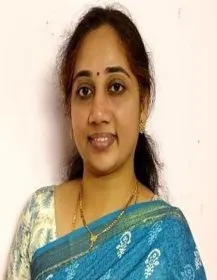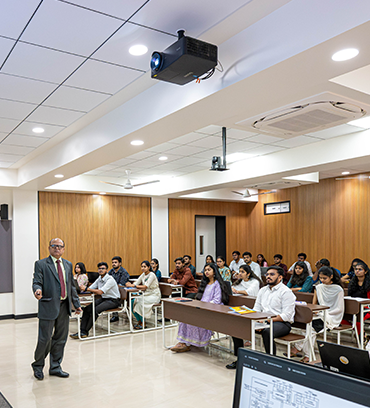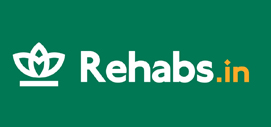
Explore English literature and language to enhance critical thinking and communication skills.
Immerse yourself in the power of language with our English and Other Languages programmes. Designed for real-world impact, our curriculum fosters critical thinking, cultural understanding, and advanced communication skills to prepare students for success in a globalised world.

Explore English literature and language to enhance critical thinking and communication skills.
To become a global leader in liberal arts education with value orientation.


Through strategic partnerships with leading companies, tailored career development workshops, and personalised guidance, GITAM Career Guidance Centre is committed to helping you secure rewarding internships and coveted job opportunities upon graduation.
| Class of | 2021 | 2022 | 2023 | 2024 |
|---|---|---|---|---|
| No. of Recruiters | 66 | 85 | 65 | 68 |
| Number of Offers | 246 | 233 | 250 | 143 |
| Number of Students Placed | 219 | 190 | 201 | 123 |
| Highest Salary Package | 12 | 9.8 | 13.58 | 16.22 |
| Average Salary Package | 6 | 5.97 | 6.44 | 6.7 |
12th Jul

plotter usage for the students with prizes

4th Dec

Department of Conservative Dentistry, GITAM Dental College & Hospi…

6th Dec

Orientation to the Basic interpretation of a 3D CBCT volume, implant p…

